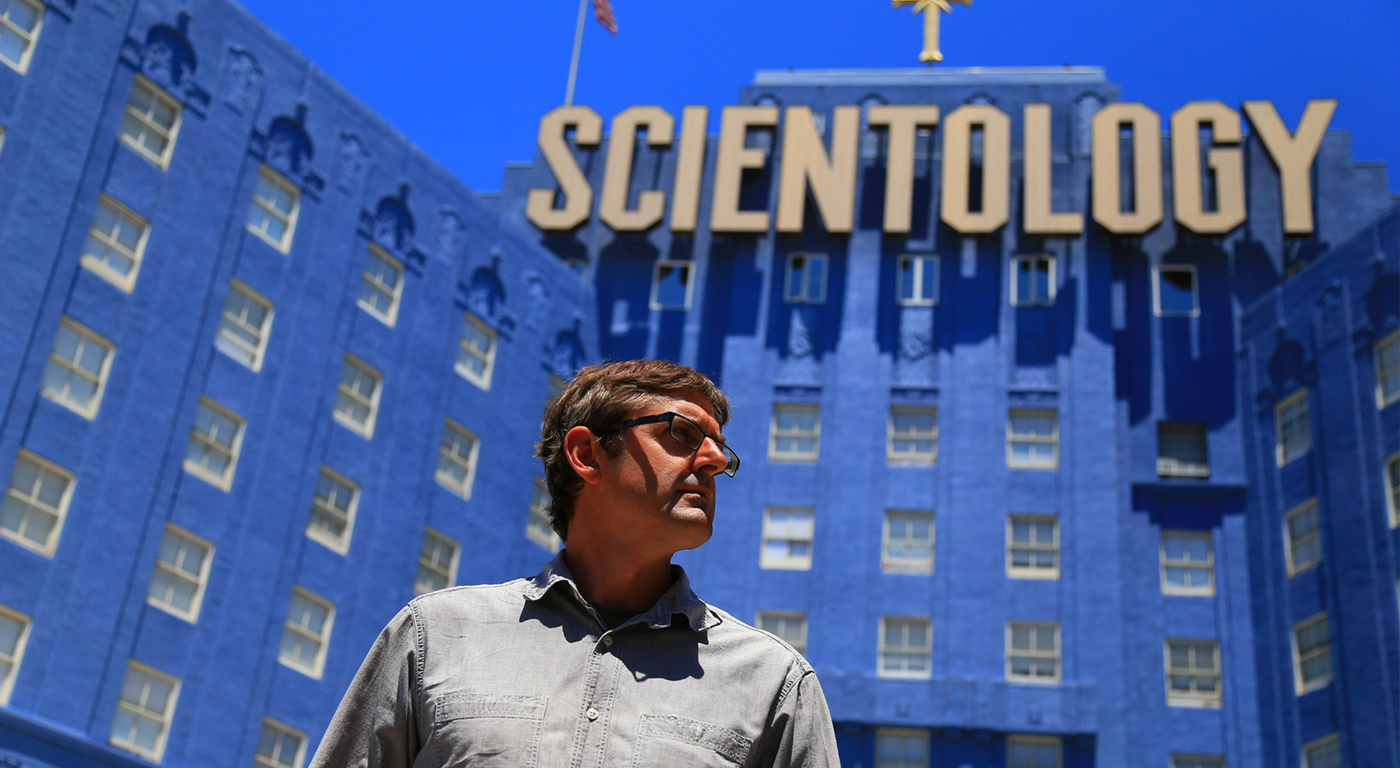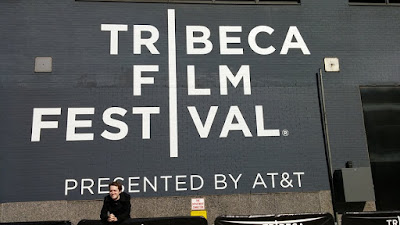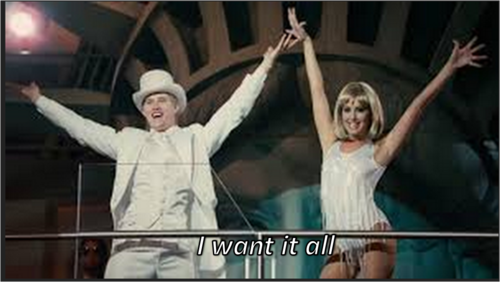There is nothing that makes you feel more like a real filmmaker
to have people audition for your film. I didn’t realize before I started
casting Kelly vs The Philosophers—about
to make my first short film. When people
audition, that means they actually want
to be a part of the story you want to tell, to achieve your vision. You feel
just a wee little bit like a big shot. Enjoy it. When the filmmaking problems
start you’ll get over it.
 |
| Left to Right: Taylor Pope, Jennifer Verzuh, Josh Shabshis, Hope Epperson, Megan Restine, Rachel Kyle, EC Hannah, Alex Foley, Bryce Lewis, Brian Stewart, Josh Simons, Lara Jane |
When you're a filmmaker make your first short film, here are the things I
learned you should look for in an audition that nobody tells you about. Unlike
many of my stories, in this case most of what I learned was what I did right.
1. Lead the actors.
You should know what you want from the actors communicate that with them
clearly. They are depending on you to tell them what you want to see so they
can give you their best performance possible.
I told my auditoners that they should bring their own script and that it should show ability to do comedy. Rachel Kyle (who would end up being Kelly in Kelly vs The Philosophers) and her friend Adriana Hanson (who would end up co-writing a script with me) did a two woman show that was really impressive. To help me decide, I told them to do the same audition but in the opposite role. You can see how amazingly that turned out.
2. Always record your
audition. I was smart enough—in this case—to know that people look
differently on video than they do in real life, so you need to see what they’ll
look like on film. That’s in addition to how helpful it is to watch it later if
you’re debating between two candidates. Watch Hope Epperson (who would
eventually become The Librarian) nail hers below.
3. Ask to see a funny
audition. This is more of a personal thing. But I find I learn more about
the actor in funny auditions. Humor shows if someone can portray personality, spontaneity,
and timing, things that are important in funny or dramatic roles. Of course, in
this case I was casting for funny, but in cases of drama, I would still ask for
two—one dramatic and one funny.
This is my favorite audition I received. Hope did a second
audition with her friend Rebecca Averett and the two of them killed with a
self-written parody two-woman show of Willy Wonka. You owe it to yourself to
watch this audition and be amazed by these two.
4. Have Friends Who
are Great Actors. This is a bit of a cheat. But you need two things when
you are casting an actor: someone who’s a great talent and someone with whom
you get along. If you have actor friends you know will work for the role that
will cut down a lot on stress. Just be sure they really can act. Nothing is worse than casting a friend who’s a bad actor. Happily, Mary Cassella is not one of those.
So that's it! Have you ever held an audition or been in an audition? Tell me any of your stories or lessons in the comments.














